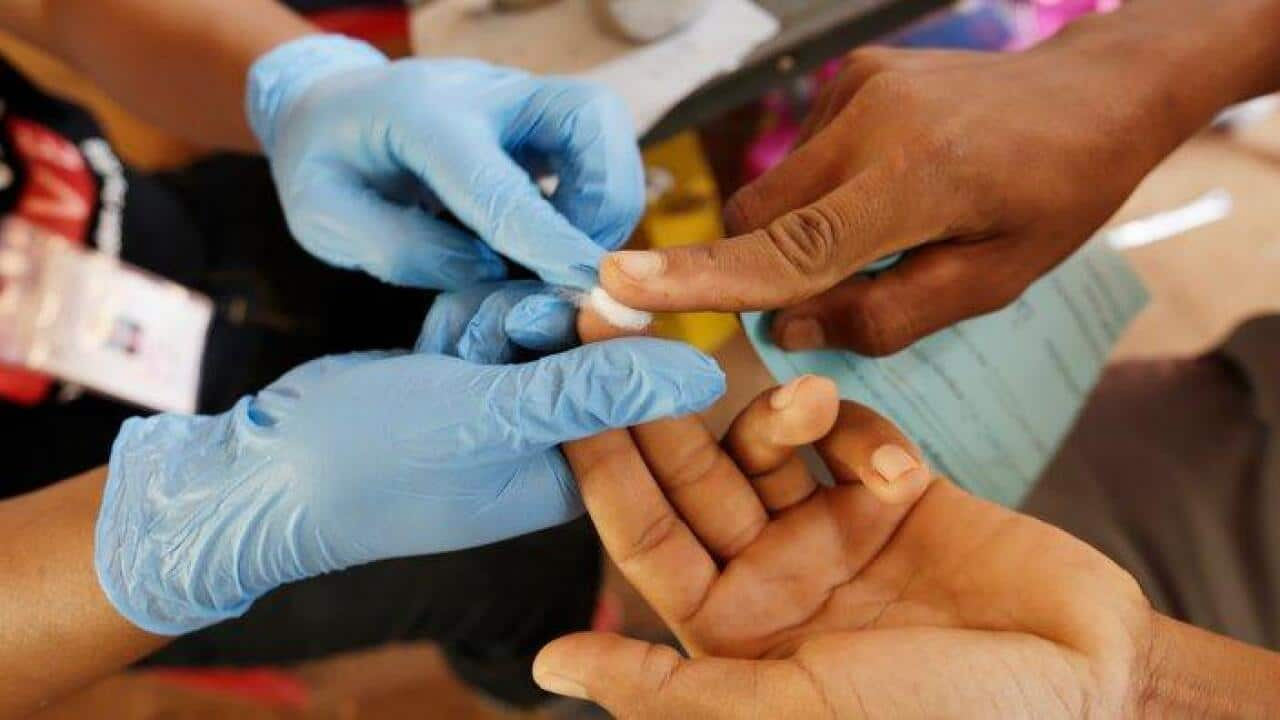A new report has medical experts demanding urgent attention be given to the "alarming" rise in rates of HIV diagnoses in Indigenous populations in the three year period between 2013 and 2016.
Published by the Medical Journal of Australia on Monday, the report revealed HIV diagnoses increased by 41 per cent, while HIV in non-Indigenous populations in the same period decreased by 121 per cent.
One author of the report, Dr Deborah Bateson, the Medical Director of Family Planning NSW told NITV News that HIV diagnoses are also more diverse in the Aboriginal population, which she said was "concerning".
"In non-Indigenous populations, we know that most diagnoses of HIV are almost overwhelmingly, but not totally, in men who have sex with men, whereas in the Aboriginal and Torres Strait Islander populations ... there's a higher proportion of infections among heterosexuals and intravenous drug users," she said.
Dr Bateson said the alarming rates of HIV diagnoses also reflected the "significant funding cuts" for Aboriginal medical services in remote and regional communities. CEO of the Aboriginal Medical Services Alliance Northern Territory, John Paterson, told NITV News that this lack of funding from state and federal governments was the main reason behind the high rates of HIV in rural and remote Indigenous communities.
CEO of the Aboriginal Medical Services Alliance Northern Territory, John Paterson, told NITV News that this lack of funding from state and federal governments was the main reason behind the high rates of HIV in rural and remote Indigenous communities.

John Paterson, AMSANT Executive Officer. Source: NITV News
“It’s primarily the funding resources - if we don’t have the funds to recruit and retain staff and clinicians in these rural and remote locations then we’ll have a difficult time to provide the appropriate services to our patients," he said.
“The health sector has not seen a significant increase in funding for a number of years now.”
Mr Paterson said his organisation were “very concerned and made aware of the increasing number” of HIV diagnoses.
“So far as we’ve been advocating all levels of government for them to consider funding and making the appropriate level of funding available to our Aboriginal medical services so they can employ the relevant workforce and have the capacity to deal with these diseases," he said.
Share



